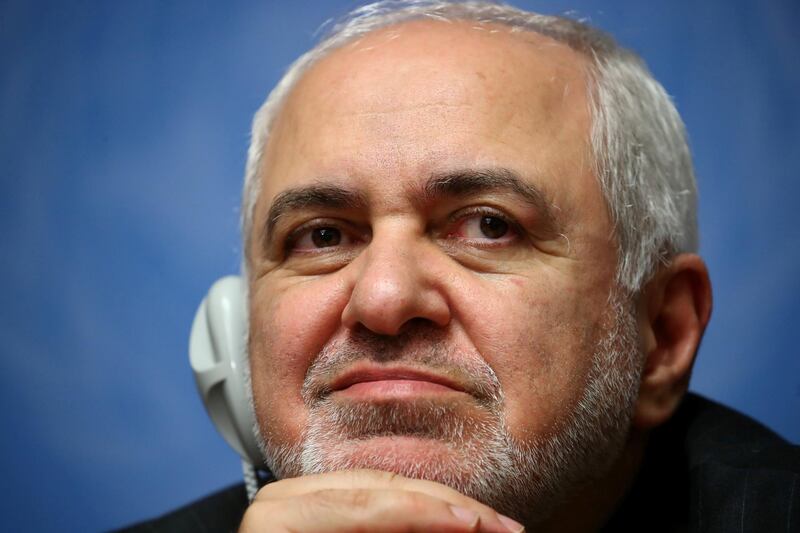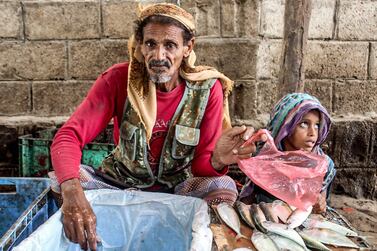Iranian Foreign Minister Javad Zarif met representatives of a Houthi delegation in Oman this week to discuss developments in Yemen.
The relationship between Tehran and the Houthi rebels has become more visible over the years despite denials from both sides that Iran is the major provider of funds and arms to the rebel group.
In August, senior Houthi officials met the Iranian supreme leader Ayatollah Ali Khamenei.
The rebels also appointed an ambassador to Tehran.
Mr Zarif met Houthi spokesman Mohammed Abdul Salam in Muscat and spoke about the “latest developments in Yemeni politics”, according to the Iranian state news agency Irna.
“We visited Muscat to consult with high-ranking officials over bilateral relations, regional, and international issues,” Mr Zarif said on Twitter.
و کما جرت العادة، قمت أمس واليوم بزيارة مسقط للتباحث والتشاور مع كبار المسؤولين في سلطنة عمان بخصوص العلاقات الثنائية والقضايا الإقليمية والدولية.
— Javad Zarif (@JZarif) December 24, 2019
كانت ولاتزال ايران وعمان دولتين جارتين تربطهما علاقات حميمة جدا.
سنبقى دائما الى جانب سلطنة عمان.#دولة_راسخة_شعب_قوي pic.twitter.com/AR4ycdlSbF
He said that Iran and Oman were “neighbouring countries with strong warm relations”.
“We will stay with the Sultanate of Oman, a strong government with a powerful nation,” he said.
Oman has played a crucial role as a mediator in the Yemen conflict, maintaining relations with all sides and helping to further United Nations-led peace talks.
Mr Abdul Salam described the meeting as “important”. The Houthi-run Al Masirah TV channel said the meeting in Muscat included discussions of the latest developments in Yemen and the humanitarian situation in the country.
The two men often meet to discuss the war in Yemen.
Their last meeting was in October, when Mr Zarif said that “only a political solution” could end the crisis.
Iran has consistently downplayed its role in providing financial and military support to the rebels but western states have long expressed their concerns over Tehran’s transfer of weapons to the Houthis.
On December 5, the US Navy intercepted a vessel in the Arabian Gulf that it said was carrying a “significant cache” of Iranian guided-missile parts headed for Yemen’s rebels.
The Houthis have built up, in only a few years, an arsenal of sophisticated ballistic missiles that it uses to attack military and civilian targets in Saudi Arabia on a regular basis.
Experts are sceptical the rebels could have developed the weapons without significant outside support, and there have been reports that officers from Hezbollah – itself a group with a long history of using ballistic missiles – have helped and trained rebels in Yemen.
The latest meetings come as Iranian Defence Minister Amir Hatami said there was a need to increase military relations between Tehran and the rebels.
He spoke during a meeting with Houthi official Ibrahim Al Daylami on Sunday.
A Houthi-run media outlet published pictures of the talks between the pair and said Mr Hatami “praised the Iranian-Houthi relations”.
Al Masirah TV said that Mr Al Daylami had been appointed “ambassador extraordinary and plenipotentiary for the republic of Yemen to the Islamic Republic of Iran”.
Mr Al Daylami is also the director-general of Al Masirah TV.
The Houthi rebel group is not recognised internationally as the government of Yemen.
They seized the capital Sanaa in a 2015 coup.
As their main political and military backer, Iran appears to be treating the Houthis’ appointment of an ambassador as they would any other.







